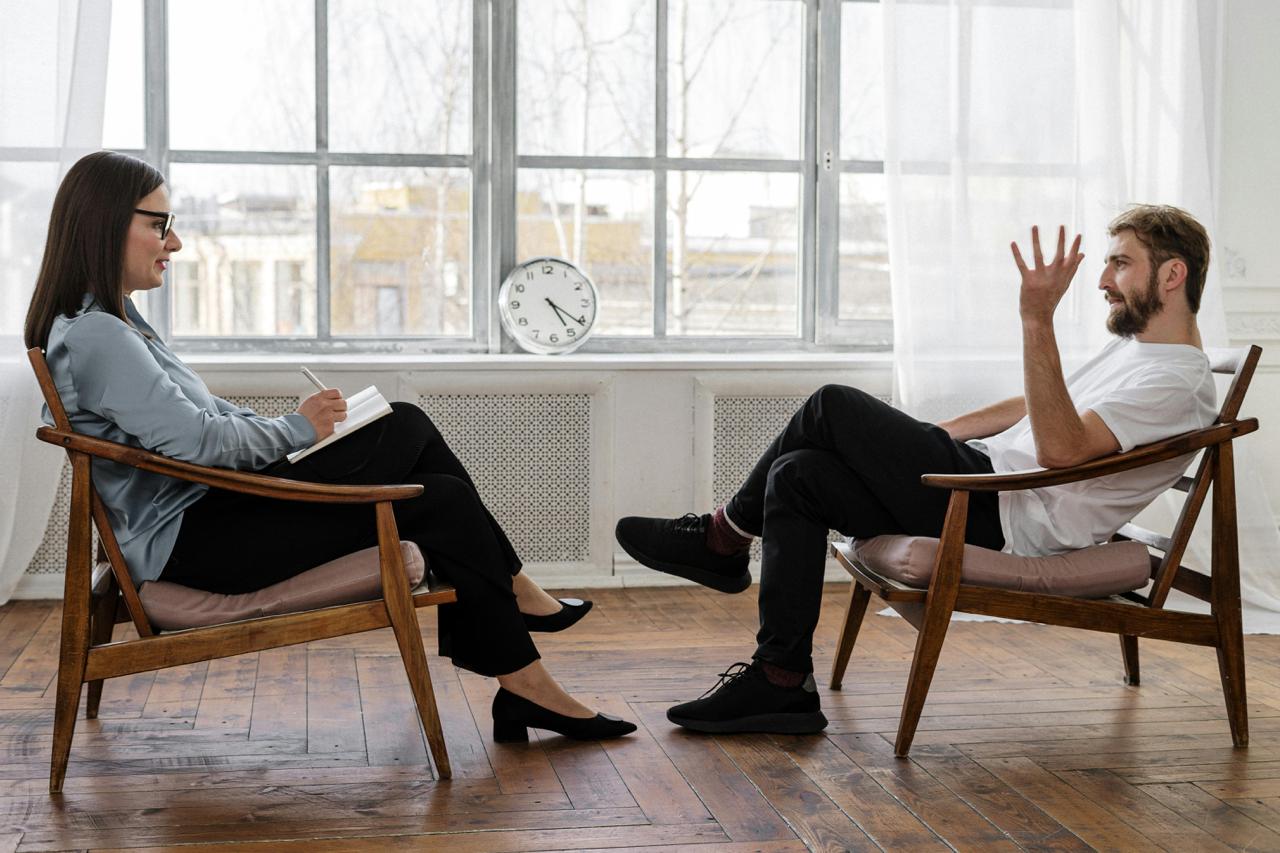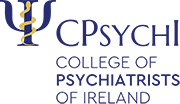In recent years, the number of people seeking therapy and psychiatric support in cities across Ireland—such as Dublin, Cork, and Galway—has grown significantly. This increase in demand for mental health services reflects a broader shift: a growing public awareness of the importance of emotional and psychological well-being. As the pace of life accelerates and societal pressures mount, more people are turning to therapy as a way to manage their mental health. Among the most common concerns bringing individuals to therapy in Ireland are anxiety, depression, and relationship difficulties.
These challenges are not unique to Ireland—they affect people globally—but the Irish context brings its own particular pressures, including rising living costs, workplace burnout, and cultural expectations. People from all backgrounds—locals, immigrants, returning Irish expats—are seeking professional support, often motivated by a desire to understand themselves better and find relief from emotional distress. This article explores some of the most common reasons people seek therapy in Ireland today, and how these issues are being addressed.
1. Anxiety: A Growing Concern in Modern Ireland
Anxiety has become one of the most widespread mental health issues in Ireland, particularly in urban areas like Dublin and Limerick. Whether it’s driven by work pressures, financial stress, health worries, or social demands, more people are recognising the symptoms of anxiety and seeking help.
What Is Anxiety?
Anxiety involves persistent worry, fear, or nervousness that can become overwhelming and interfere with daily life. Symptoms may include restlessness, rapid heartbeat, fatigue, trouble sleeping, and difficulty concentrating. While some level of anxiety is a natural response to stress, when it becomes chronic or intense, professional support can be essential.
Common Causes of Anxiety in Ireland
Work-Related Stress
Many individuals in Ireland report feeling overwhelmed by work demands. High expectations, job insecurity, long commutes, and an “always-on” digital culture contribute to burnout and heightened anxiety. This is especially prevalent in sectors like healthcare, education, tech, and law.
Financial Pressures
With the rising cost of living—particularly in Dublin and other large cities—financial strain is a major source of stress. People worry about housing affordability, childcare costs, and general economic uncertainty, all of which contribute to anxiety.
Social Expectations and Isolation
Despite Ireland’s reputation for strong community ties, many people experience isolation, especially those living alone, working remotely, or disconnected from support networks. Social media can also contribute to feelings of inadequacy and anxiety through constant comparison.
Health-Related Anxiety
The COVID-19 pandemic had a lasting impact on people’s mental health. Concerns about physical well-being, access to healthcare, and the pressure to “bounce back” have made health anxiety a more common issue among both young and older adults.
How Therapy Helps
Irish mental health professionals offer a wide range of therapeutic options, including Cognitive Behavioural Therapy (CBT), Acceptance and Commitment Therapy (ACT), and mindfulness-based approaches. These methods help clients understand the root of their anxiety, develop healthier coping mechanisms, and build resilience in the face of life’s challenges.
2. Depression: Confronting a Widespread Issue
Depression affects thousands of people in Ireland every year and remains one of the top reasons individuals seek out therapy. While public conversations about depression have become more open, stigma still exists, and many suffer in silence before reaching out for support.
What Is Depression?
Depression is more than a bad day or a rough patch—it’s a prolonged period of low mood, loss of interest, and reduced energy. It can impact sleep, appetite, self-esteem, and motivation, and in some cases, lead to suicidal thoughts.
Factors Contributing to Depression in Ireland
Loneliness and Disconnection
Despite being a highly social culture, many people in Ireland—particularly the elderly, immigrants, and young adults living away from home—experience significant loneliness. The shift toward remote work and digital communication has, for some, reduced opportunities for meaningful human connection.
Cultural and Family Expectations
In Irish society, there can still be pressure to “keep going,” avoid burdening others, and present a stoic front. These cultural norms can make it difficult for people to express vulnerability or seek help when they’re struggling emotionally.
Economic and Housing Pressures
Ireland’s housing crisis, especially in urban areas, has had a significant mental health impact. Insecure housing, long commutes, and rising rent contribute to stress, hopelessness, and depression, particularly among young adults and families.
Therapy for Depression
Therapists in Ireland use evidence-based approaches like CBT, psychodynamic therapy, and person-centred counselling to help clients manage depression. Sessions often focus on identifying negative thinking patterns, improving self-compassion, and building strategies for dealing with difficult emotions. In some cases, therapy may be combined with medication prescribed by a GP or psychiatrist.
3. Relationship Difficulties: Seeking Connection and Healing
Relationship issues are a common reason people seek therapy in Ireland. These challenges may involve romantic partners, family members, or friendships, and can arise from communication breakdowns, trust issues, or life transitions like parenthood or bereavement.
Common Relationship Challenges in Ireland
Communication Struggles
Miscommunication, avoidance of difficult conversations, or emotional withdrawal can damage even the strongest relationships. With modern life often moving at a fast pace, couples and families may find themselves emotionally disconnected despite living under the same roof.
Infidelity and Trust
Infidelity remains a deeply painful issue that many couples in Ireland face. Whether emotional or physical, breaches of trust can lead to long-lasting conflict and distress. Therapy offers a space to process these events and rebuild trust if both parties are willing.
Cultural or Generational Differences
Ireland’s increasingly multicultural society means that more couples are navigating cross-cultural dynamics. Even within Irish families, generational gaps—especially around topics like gender roles, sexuality, or mental health—can lead to friction.
Parenting and Family Stress
Parenthood can strain relationships due to sleep deprivation, conflicting parenting styles, or lack of time for intimacy. Therapy helps parents communicate better, align on values, and manage stress together.
How Therapy Supports Relationships
Couples therapy, family therapy, and individual relationship counselling help people understand patterns in their relationships and develop healthier ways of relating to each other. Techniques like emotionally focused therapy (EFT), active listening exercises, and conflict resolution strategies are common tools therapists use to foster stronger connections.
Conclusion: Opening Up and Moving Forward
In Ireland, mental health is no longer the taboo it once was. More people are embracing therapy as a valid, even essential, tool for coping with life’s difficulties. From anxiety and depression to relationship issues, therapy offers a path toward healing, growth, and greater self-awareness.
Support is becoming more accessible too, with the expansion of online therapy platforms, affordable community-based services, and increased government investment in mental health care. Whether in person or virtually, therapy provides a safe, non-judgmental space where people can express their struggles and begin to build a more fulfilling life.
As the conversation around mental health continues to grow in Ireland, so too does the understanding that asking for help is not a weakness, but a courageous and empowering act.












